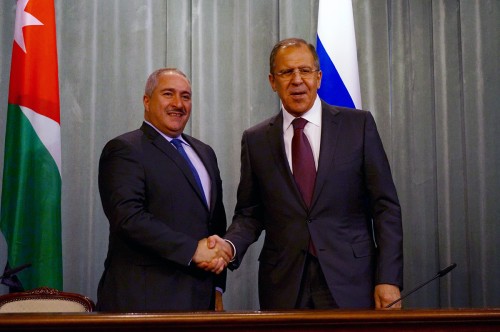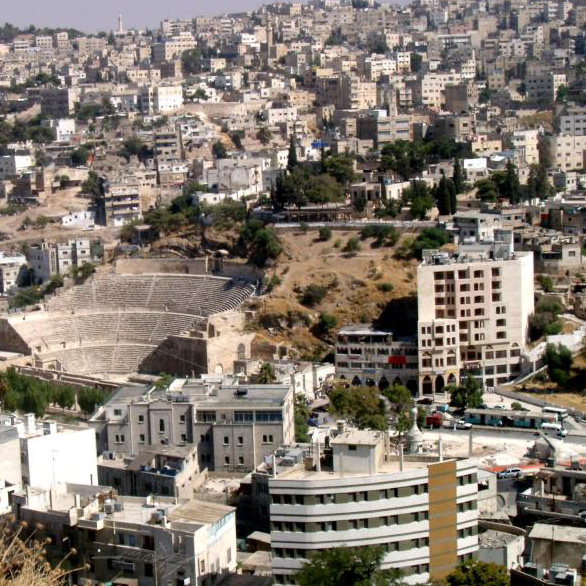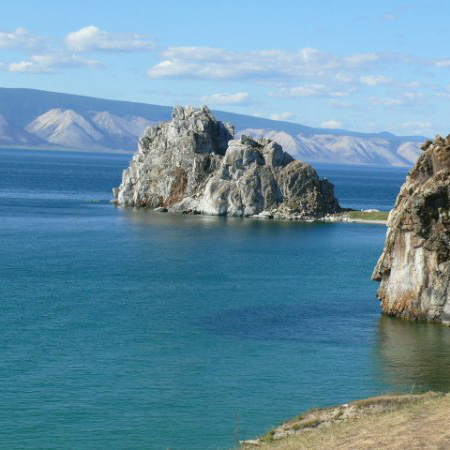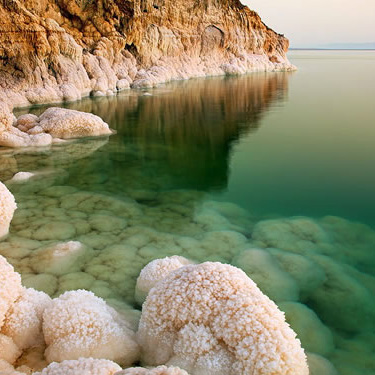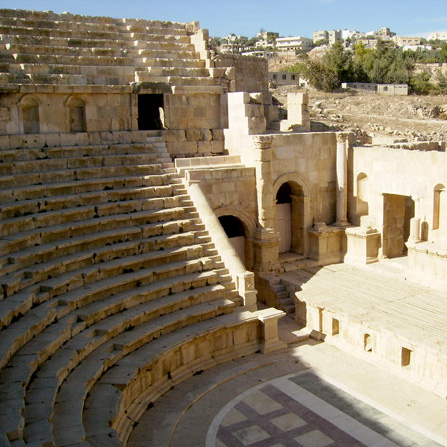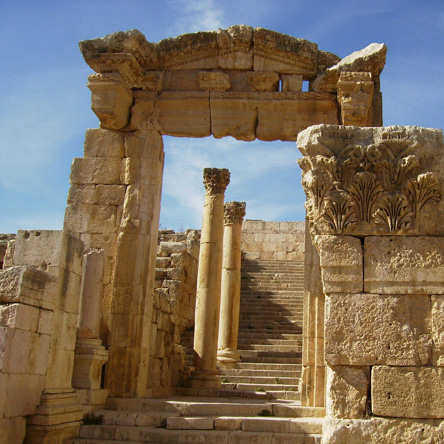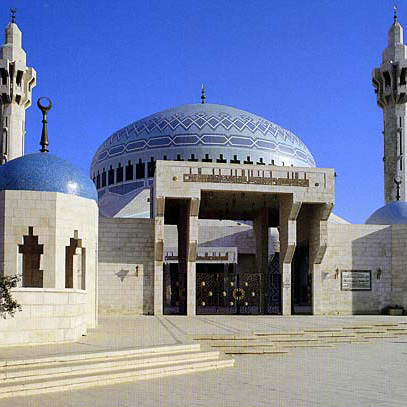Foreign Minister Sergey Lavrov’s opening remarks and responses to media questions at a joint news conference following talks with Deputy Prime Minister and Minister of Foreign Affairs of Jordan Nasser Judeh, Moscow, June 9, 2016
Ladies and gentlemen,
We have held in-depth, trust-based and substantive talks focusing primarily on achieving a settlement in Syria.
We reaffirmed our commitment to all the decisions adopted by the International Syria Support Group (ISSG) and subsequently approved by the UN Security Council in its resolutions 2254 and 2268.
At this stage, we are paying particular attention to ensuring full and rigorous compliance with the ceasefire based on a clear understanding that the ceasefire does not include ISIS, Jabhat al-Nusra and all those who cooperate with them. This understanding also encompasses the need to stop the smuggling of weapons and the illegal infiltration of militants into Syria from abroad, primarily from Turkish territory.
Proper resolution of these issues will make efforts to expand humanitarian access more effective. We are already witnessing significant progress in the delivery of humanitarian aid to needy populations. We praise the constructive efforts made by the Syrian government. We do believe, however, that more can be done.
Stopping hostilities and delivering humanitarian aid are important goals, but political negotiations, which we all pledged to support in the form of an inclusive intra-Syrian dialogue without any preconditions and outside interference, should play a crucial role in resolving the Syria crisis.
We are concerned about the apparent slowdown in efforts to advance the negotiations process. At the very least, we believe that the next round of intra-Syrian negotiations should be held as soon as possible.
We agreed to continue cooperation in the form of bilateral contacts and within the ISSG. We understand the concerns expressed by Jordan, which feels the impact of the Syria crisis, primarily in the form of vast numbers of refugees.
Combating terrorism is a common goal of the international community in regard to the Syrian crisis and the situation in Iraq, which we also discussed in detail.
We are convinced that with regard to Iraq, the international community should, on the one hand, strongly support the anti-terrorist efforts of the Iraqi government and, on the other hand, promote intra-Iraqi dialogue in order to develop mechanisms to achieve national accord.
We exchanged opinions about the Palestinian-Israeli peace process, including based on the results of this week’s visits to Russia by Israeli Prime Minister Benjamin Netanyahu and Palestinian Foreign Minister Riyad al-Maliki.
We have a common position. Russia and Jordan are convinced that the relevant UN Security Council resolutions, the Madrid principles, and the Arab Peace Initiative have laid a solid foundation, which can be used to achieve a comprehensive settlement.
We are grateful to our Jordanian friends for their consistent support of the Quartet of international mediators. In turn, we have confirmed our position in favour of establishing the closest possible ties between the Quartet and the Arab League, in particular, in order to uphold the prospect of a two-state solution to the Palestinian problem, in which Palestine and Israel, as independent states, will live in peace and security with each other and all other countries of the region.
We have discussed bilateral relations. Both sides expressed their satisfaction with the progress to date. An intergovernmental agreement on building a nuclear power station in Jordan entered into force recently. This project is important for Jordan and our future cooperation.
We have a shared interest in boosting Jordanian agricultural exports to Russia, and increasing the number of Russian tourists to Jordan. These and other issues were discussed at a recent meeting of the Russian-Jordanian Intergovernmental Commission for Trade and Economic Cooperation. We reaffirmed our commitment to implementing the agreements reached during this meeting.
Military and technical ties, which are also expanding to the satisfaction of both sides, play an important role in our cooperation.
Today, my friend, Foreign Minister of Jordan Nasser Judeh, and I were able to affirm that the agreements reached between President Vladimir Putin and King of Jordan Abdullah II bin Al-Hussein are being implemented in general. Our respective foreign ministries will continue to support the efforts of our respective departments.
Minister Judeh invited me to visit Jordan on a reciprocal visit. I gladly accepted his invitation.
Question (addressed to Nasser Judeh): You’ve just mentioned that during the talks you discussed the refugee situation and cooperation in the International Syria Support Group (ISSG). Is there any form of coordination “on the ground” between the two countries?
Sergey Lavrov (speaking after Nasser Judeh): I’ll just add that we are cooperating with our Jordanian friends both in the ISSG and through bilateral channels. If you’ll recall, the Russian-Jordanian Information Centre was set up in Amman a while back. It is fairly useful for coordinating practical actions between Russia and Jordan and is a very efficient mechanism that allows Russian military to maintain contacts with their US colleagues on the fight against terrorism in Syria.
Question: Some Israeli media have reported that the recent visit of Israeli Prime Minister Benjamin Netanyahu to Moscow signified a new stage in Russian-Israeli relations, that is, closer cooperation between the two countries. It’s claimed that Israel is ready to let Russia be the main mediator in the Palestinian-Israeli peace process. Is this true?
Sergey Lavrov: Indeed, as Israeli Prime Minister Benjamin Netanyahu’s visit to Russia this week demonstrated again, our relations are acquiring a very stable, new and positive character. Apart from the deep mutual affection between the people of our two countries and the existence of very promising mutually advantageous economic and investment projects, we are brought closer by very similar views on the region’s problems, primarily, the need for a relentless struggle against terrorism without any double standards whatsoever. I’m convinced that the settlement of the Palestinian-Israeli conflict and, more broadly, the Arab-Israeli conflict, would surely help prevent young Arabs from becoming easy prey for the recruiters from the “terrorist international.”
As for who is or may be the main go-between in the Palestinian-Israeli peace talks, I’d like to note that the Middle East Quartet consisting of Russia, the United States, the EU and the UN is the universally recognised mediator. At various stages, different members of this coordination mechanism have taken the initiative on promoting the peace process and seeking compromise when the situation entered yet another deadlock. However, this was invariably done in line with the essential parameters approved by the Quartet and supported by many resolutions of the UN Security Council. Russia really has very good and trust-based relations with both the Palestinians and Israelis, and we are ready to make the most of this relative advantage in order to eventually overcome the current impasse and resume direct talks. As I’ve already said, we’ll do this proceeding from the Quartet’s common position and preserving in full the solidarity of the Quartet. We’ll also promote the closest possible cooperation between the Quartet and the Arab League as the author of the Arab Peace Initiative, which is very important for our continued efforts.
Question: At what stage is the process of separating the moderate opposition from terrorist groups in Syria? Last week you said that the time granted to the opposition for doing this is coming to an end. What measures will the Russian Federation take in this context? And what role can the Hashemite Kingdom of Jordan play in this respect?
Sergey Lavrov: I think this issue is very important for the effectiveness of our common efforts to prevent the terrorists from winning in Syria and to promote intra-Syrian political dialogue.
Many months have passed since the UN Security Council approved the ISSG decisions – more time than was necessary for any armed group to make a choice – to join the ceasefire or not. Therefore, we expressed this idea to our American partners, as the leader of the coalition, and reminded them that it will be counterproductive to continue waiting, given our shared counterterrorism objectives. All armed groups that either have not joined the ceasefire or have joined it but fail to observe it should bear full responsibility for this on a par with Jabhat-al-Nusra and ISIS. I hope that our US partners that agreed with this logic will join us in practical terms in order to prevent the current developments from being used to consolidate the positions of terrorists “on the ground”.
News
23.08.2021
Meeting with King Abdullah II of Jordan
12.06.2019
Cooperation Agreement Signed in Hashemite Kingdom of Jordan
Russian-Arabic Business Council
Всех заинтересованных в установлении и развитии сотрудничества с деловыми кругами стран Арабского Востока приглашаем обратиться в Российско-Арабский Деловой Совет по адресу:
109012 г. Москва, ул.Ильинка, 5/2
тел./факс + 7 (495) 929-02-55
тел. + 7 (495) 929-03-13/15/16
эл.почта: rads@tpprf.ru
сайт: www.rusarabbc.ru
